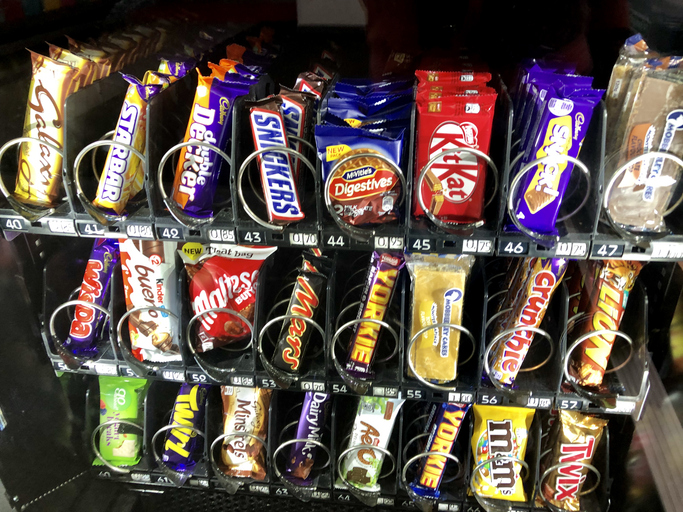Labour may not have been forthcoming about most of their tax and spend plans during the election. But on one topic the party was crystal clear: a Labour government would beef up the nanny state. Politicians weren’t shy about this. It was Wes Streeting’s idea to adopt New Zealand’s (now abandoned) plans for a generational smoking ban, picked up months later by Rishi Sunak. Keir Starmer kicked off the year embracing the nanny state, saying he was ‘up for that fight’.
It’s no surprise then that health campaigners and groups are flocking towards new government aides to discuss what can be taxed or banned next. According to reports today, an extension of ‘sin taxes’ might be on the agenda: something akin to the Soft Drinks Industry Levy (known as the ‘sugar tax’) to be slapped on a whole array of sugary and salty foods. Chocolate bars, cake and crisps are all reported to be targets of government considerations to expand a sugar (and salt) tax. Now that the Tobacco and Vapes Bill is back on track, it’s time to grapple with the popcorn and mixed nuts.
The tax isn’t changing behaviour, but it is further stripping people of their disposable income
No one can act shocked that Labour is leaning this way. They stated their intentions clearly – and what’s more, the Tories paved their way. Sunak’s smoking bill is now going to be Labour’s smoking bill, though far less likely to contain exemptions for products like cigars. George Osborne announced plans for a sugar tax, then Theresa May’s government brought them in. It was under Boris Johnson’s government that the Conservatives tried to usher in a crackdown on ‘junk food’ advertising (a term no one can really define), which was shelved by Sunak but can be reactivated anytime and expanded far further than was originally intended. For a Tory party that liked to bandy around the word ‘freedom’ quite a lot over the last Parliament, it went above and beyond to lay the groundwork for a far more meddling nanny – one which seems to be taking shape under the new government.
What is the real intention behind further taxes on sugary and salty foods? The tricky thing about existing sugar taxes is that where they have been tried, they have failed to change behaviour in a meaningful way. The so-called success stories are rarely what they seem: calorie reduction is so small, if it happens that all, that it makes no difference.
This of course doesn’t stop the nannying campaigns, which can’t seem to accept that people might want to make different decisions to the ones they’re being nudged into (that’s often where the banning comes in). But while the numbers on the scale don’t go down, there is one number that tends to go up: the overall sin tax receipt for the Treasury. In the 2022-23 fiscal year, the tax income from the sugar levy was £338 million – making up part of the £2 billion worth of revenue the sugar tax has brought in since it was green-lit. To put it simply, the tax isn’t changing behaviour, but it is further stripping people of their disposable income, directing the money towards Whitehall instead.
There is no reason (or evidence) to think an expansion of the sugar tax to food would result in anything different. It won’t be a life-saving initiative, as these things are so often billed. Rather it will be an addition to the round-up of tax hikes that are expected later this autumn.








Comments